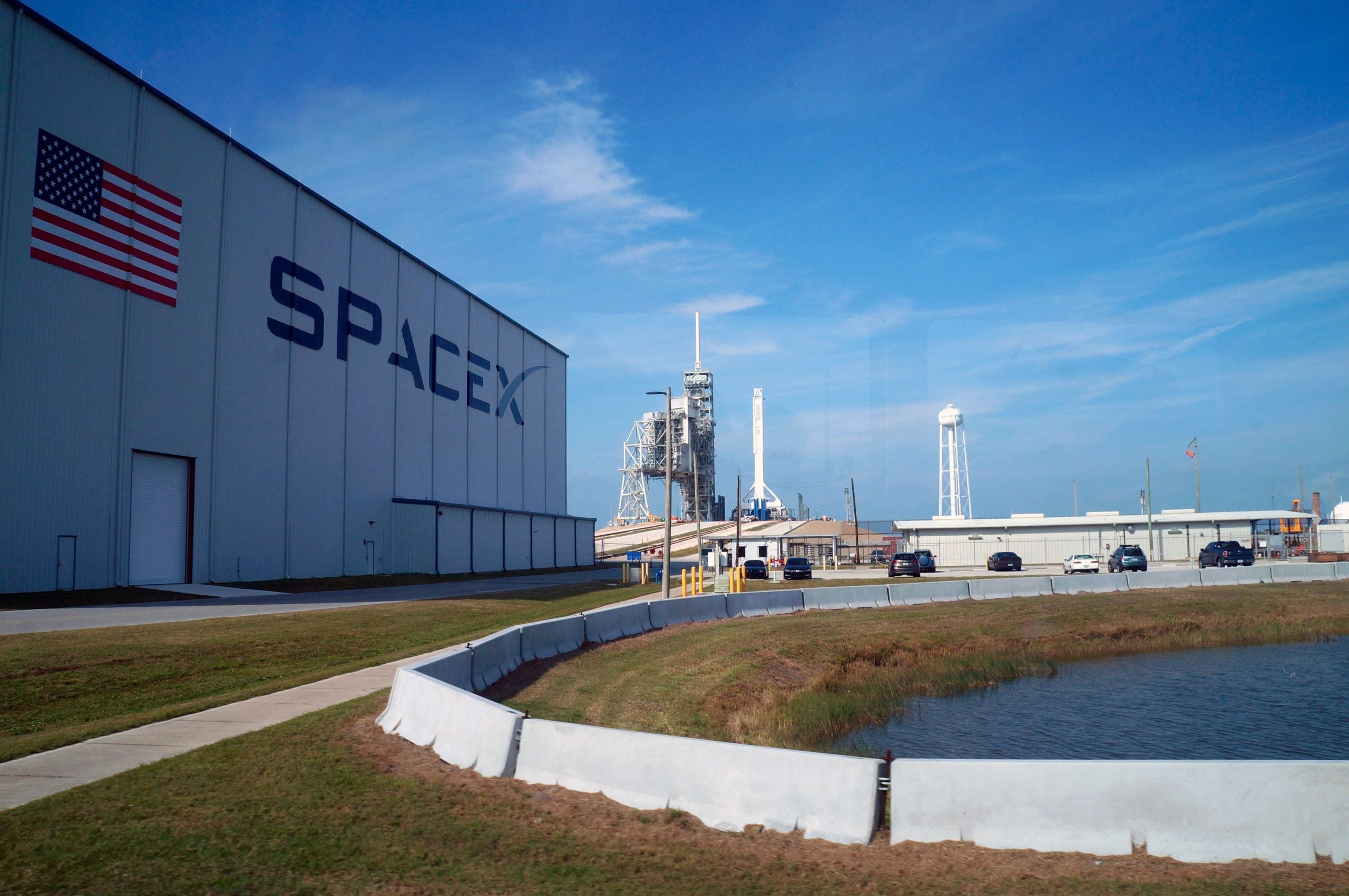
T-Mobile US revealed that SpaceX, led by tech entrepreneur Elon Musk, successfully deployed a Falcon 9 rocket on Tuesday carrying the inaugural batch of Starlink satellites equipped with direct-to-cell capabilities.
This partnership, announced back in August 2022, positions T-Mobile as the first US wireless carrier to leverage the potential of SpaceX’s advanced satellite technology for enhanced mobile connectivity.
The collaboration between T-Mobile and SpaceX is poised to reshape the landscape of global telecommunications, with wireless providers worldwide joining forces with SpaceX to integrate direct-to-cell technology.
Notable participants include Japan’s KDDI, Australia’s Optus, New Zealand’s One NZ, and Canada’s Rogers.
The direct-to-cell service is set to roll out incrementally, commencing with text messaging as its initial offering. T-Mobile envisions expanding this service to include voice and data capabilities in the years to come, showcasing the versatility and potential of this cutting-edge technology.
This milestone launch represents a significant step towards advancing the accessibility and reliability of mobile communication, especially in areas where traditional network infrastructure may be challenging to establish.
As direct-to-cell technology becomes increasingly widespread, users can anticipate a seamless and robust mobile experience, transcending the limitations of conventional network connectivity.
GlobalData’s Thematic Intelligence: The Space Economy report puts the value of the space industry in 2022 at $450bn and suggests that it will see a compound annual growth rate of between 6% and 10% from then until 2030.
In September 2023, SpaceX’s military-optimised Starshield won a $70m contract with US Space Force to support over 50 mission partners across the US military and will be obligated $15m by the end of September.
Starlink’s role in military settings made headlines when SpaceX sent Ukraine shipments of Starlink satellites for use against Russia’s invasion.
In June 2023, The Yomiuri Shimbun reported that Japan’s military is looking at adopting Elon Musk’s Starlink satellite internet service next fiscal year.







